#HELSINKI — #China launched its Queqiao-2 relay satellite Tuesday to support upcoming lunar far side and south polar missions.
A Long March 8 rocket lifted off from Wenchang Satellite Launch Center at 8:31 p.m. Eastern, March 19 (0031 UTC March 20). The China National Space Administration (CNSA) confirmed the Queqiao-2 satellite was on a trajectory towards the moon around 40 minutes after launch.
CNSA stated Queqiao-2 had deployed its solar arrays and was in its predetermined orbit with a perigee of 200 kilometers and an apogee of 420,000 kilometers.
The 1,200-kilogram satellite carries a 4.2-meter parabolic antenna and is part of China’s plans for future lunar exploration and a stepping stone towards building a lunar base in the 2030s.
The spacecraft will enter a highly elliptical lunar orbit inclined by 55 degrees once it reaches the moon. The orbit is specially designed to support China’s Chang’e-6 lunar far side sample.


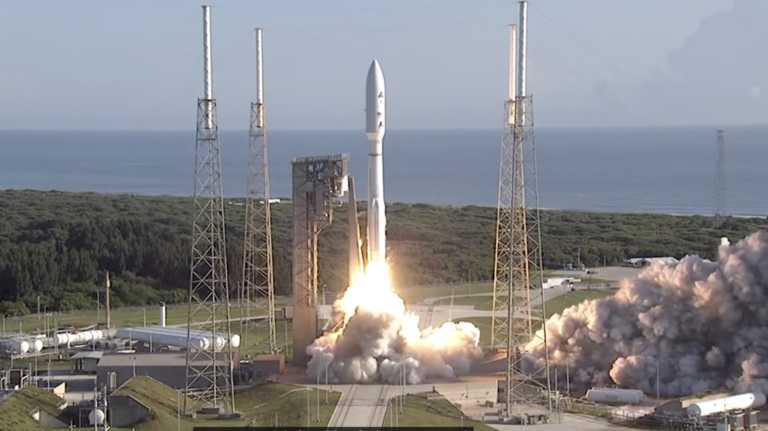


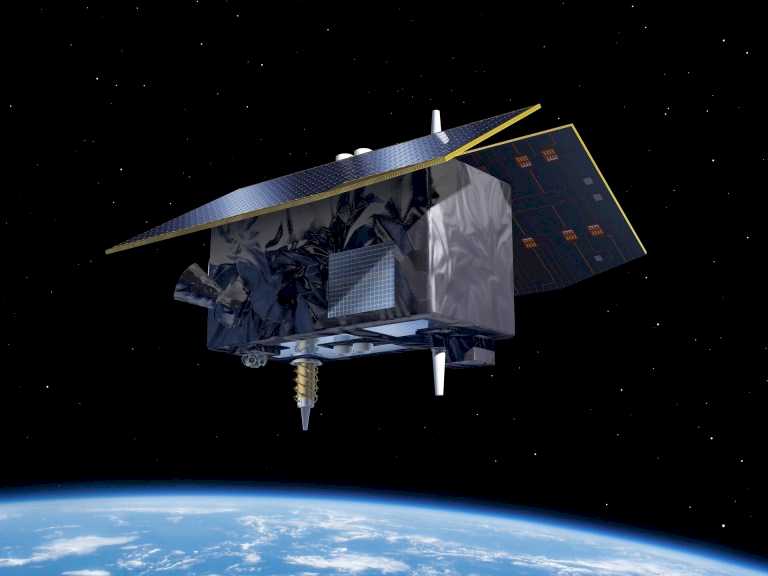
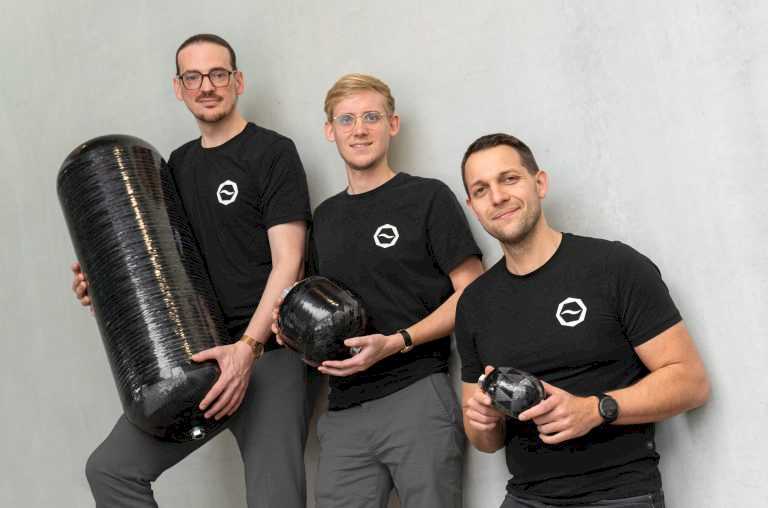

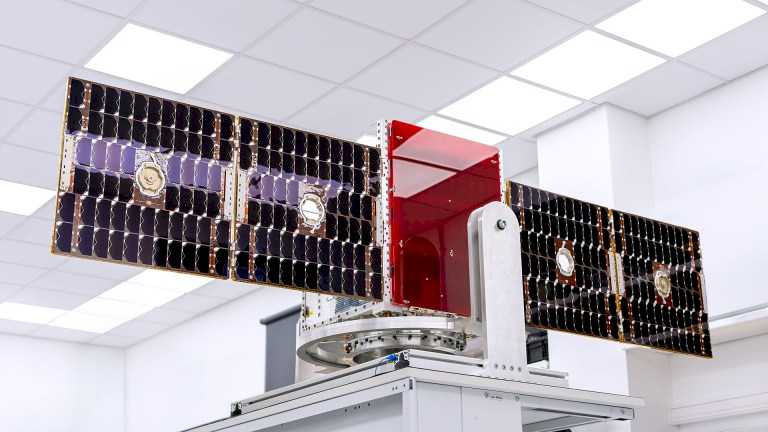
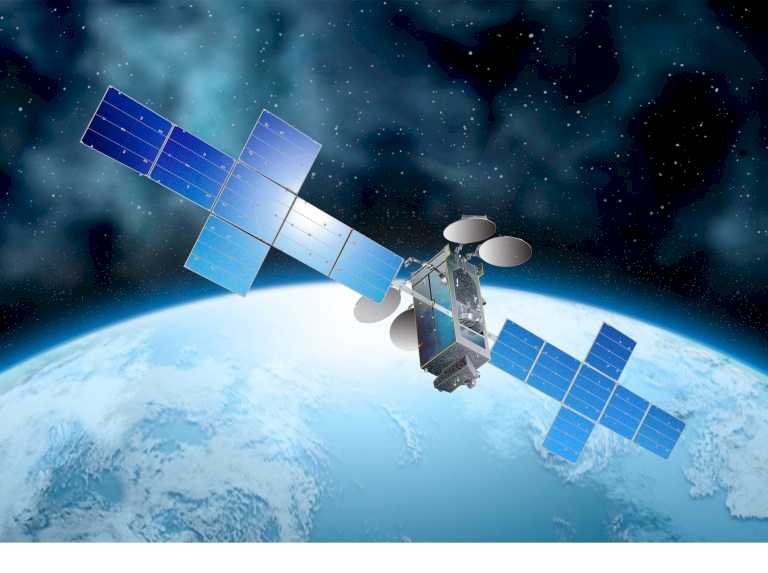
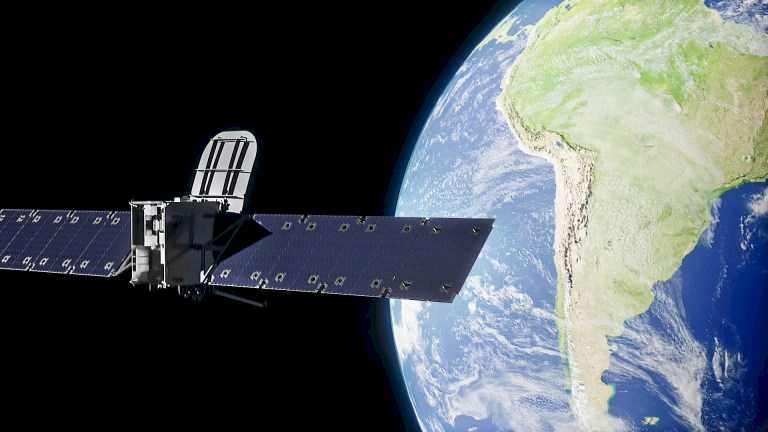
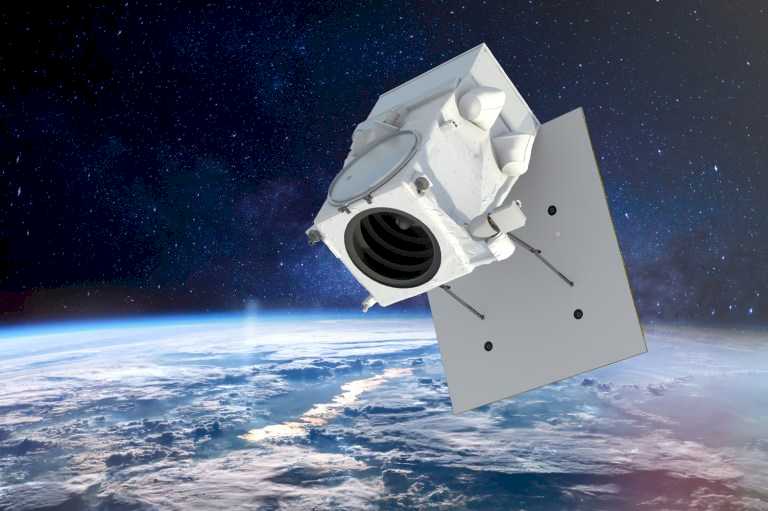

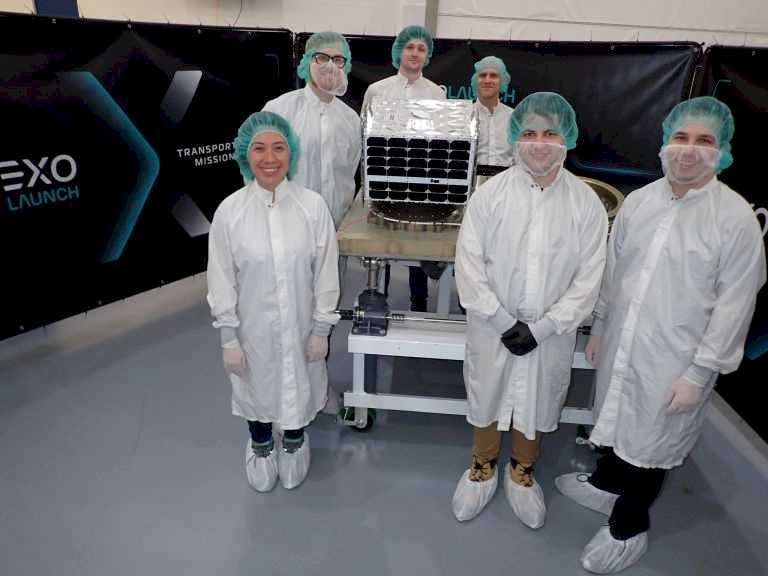

Space news on Umojja.com